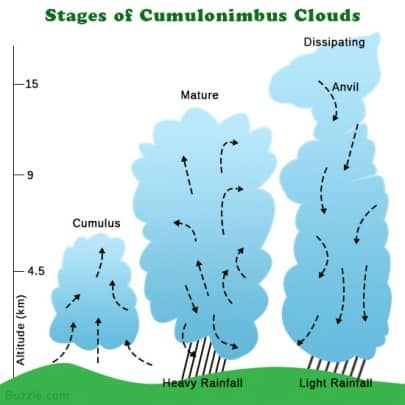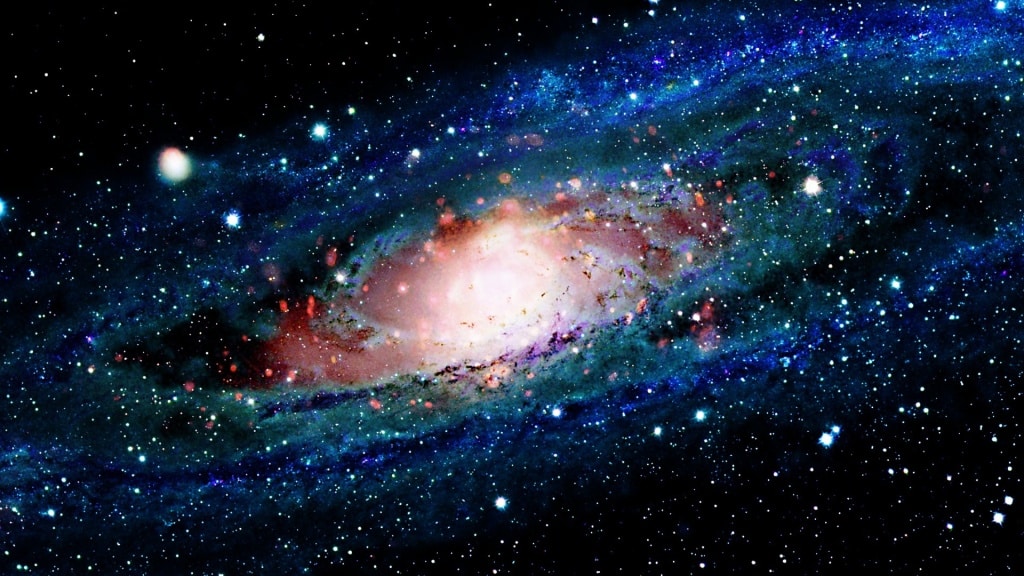What does it mean “Subhan Allah”?
When I was in the preparatory stage, I was impressed with the computer and I can’t imagine how it processes this huge amount of information. But when I became in the 1st year in the faculty of medicine and studied the physiology of the human body especially how the brain works, I can’t find words to express my surprise except by saying “Subhan Allah.” This expression is only 2 words, but it’s really an endless meaning. Let’s share some meanings around this expression.
3 Meanings of this expression:
1- All perfection is to God. God’s perfection has no limit.
2- Far above any imperfection. God is without any defect.
3-High above what some describe.
All perfection is to God
From the universe above our head to the miracle of life, The God’s fingerprint is prominent in every single thing. By this way the Muslim feel how the God is Glorious, Exalted and Magnificent. This feeling can’t be described. You can express saying: “Subhan Allah!”.
For example: you can say “Subhan Allah” when you give thought to the formation of the rain clouds:
It occurs in 3 Stages: The clouds are driven along by the rain, then join together and finally the cloud body grows vertically stretching into cooler regions where drops of water formulate and when these drops become heavy, they fall as rain. [1]
Do you not see that Allah drives clouds? Then He brings them together, then He makes them into a mass, and you see the rain emerge from within it. And He sends down from the sky, mountains [of clouds] within which is hail …..” [Quran.com/24/43].
“and give thought to the creation of the heavens and the earth, [saying], “Our Lord, You did not create this aimlessly; exalted are You [above such a thing];” [Quran.com/3/191].
High above any imperfection
“Subhan Allah” also means there is nothing comparable to him. It means to Purify Allah of all deficiencies, needs, parallels and all qualities that don’t conform to His holiness and the highest. We must accept Allah’s attributes and features as existing without giving them a description or comparison.
[He is] Creator of the heavens and the earth. He has made for you from yourselves, mates, and among the cattle, mates; He multiplies you thereby. There is nothing like unto Him, and He is the Hearing, the Seeing.” [Quran.com/42/11].
High above what some describe
We can use this expression also when we hear others describe Allah with deficiency or with a trait He doesn’t describe Himself with. Some believe that God has son, we say “Subhan Allah” that means Allah is The Most Supreme above what they describe.
Allah has not taken any son, nor has there ever been with Him any deity. [If there had been], then each deity would have taken what it created, and some of them would have sought to overcome others. Exalted is Allah above what they describe [concerning Him].” [Quran.com/23/91].
In Arabic the word (ibn) means (son). The word (walad) means (begotten child) come from a mother womb in that verse the word in Arabic is (walad).
And [beware the Day] when Allah will say, “O Jesus, Son of Mary, did you say to the people, ‘Take me and my mother as deities besides Allah ?'” He will say, “Exalted are You! It was not for me to say that to which I have no right. If I had said it, You would have known it. You know what is within myself, and I do not know what is within Yourself. Indeed, it is You who is Knower of the unseen.”
[Quran.com/5/116].
The word (son) in Gospel means prophets sent by God:
In Luke(3:38), Adam was called son of God.
In Exodus (4:22), Jacob was called son of God.
In Jeremiah (31:9), Abraham was called son of God.
So, Jesus is just a prophet like his counterparts.
The Messiah, Jesus, the son of Mary, was but a messenger of Allah” [Quran.com/4/171].
To sum up
“Subhan Allah” can’t be translated in one word in any language. It’s a guide to Muslims expressions when they feel the perfection and glorify of God The Most Supreme.
Say, He is Allah , [who is] One, Allah , the Eternal Refuge. He neither begets nor is born, Nor is there to Him any equivalent.” [Quran.com/112].
References:
[1] http://www.thekeytoislam.com/en/scientific-explanations-quran-clouds-rains.aspx












